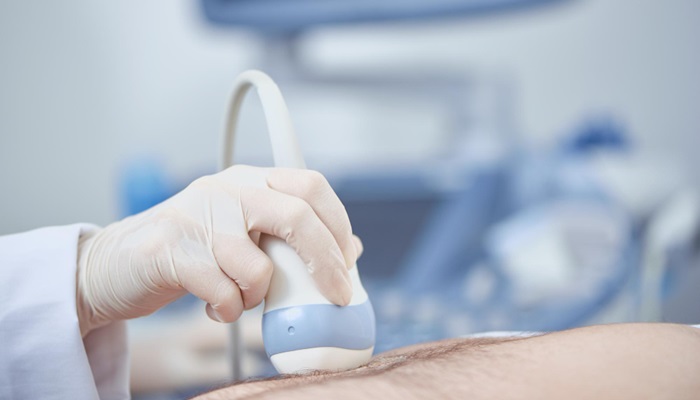Radiofrequency Ablation (RFA) is a minimally invasive cancer treatment method that uses heat energy to destroy cancer cells. Compared to surgical removal of cancerous tissue, this method requires only a small incision, making it a less invasive alternative.
However, not all types of cancer can be treated with Radiofrequency Ablation.
Contents
Purpose of Radiofrequency Ablation
Initially, Radiofrequency Ablation was used to manage chronic pain, such as lower back pain. Today, it is also utilized to eliminate cancer cells.
Despite its effectiveness, RFA is generally used as a complementary treatment rather than a primary cancer therapy. It is commonly applied as a spot treatment for cancer cells that cause symptoms or discomfort.
Additionally, Radiofrequency Ablation serves as an alternative option for patients who cannot undergo surgery due to specific health conditions.
Some types of cancer that can be treated with Radiofrequency Ablation include:
- Liver cancer
- Pancreatic cancer
- Kidney cancer
- Breast cancer
- Bone cancer
- Lung cancer
- Thyroid cancer
- Adrenal gland cancer
Who Can Undergo Radiofrequency Ablation?
Radiofrequency Ablation (RFA) is not considered a primary cancer treatment. However, it is a suitable solution for cases where surgery is not feasible.
Primary liver cancer and secondary liver cancer (cancer that has spread to the liver) are among the conditions where doctors may recommend RFA. It is also used for primary kidney cancer, metastatic bone cancer, and lung cancer.
You may be a candidate for Radiofrequency Ablation if:
- You have multiple tumors
- Your tumor is in a difficult-to-operate location
- You cannot undergo general anesthesia
Radiofrequency Ablation Procedure
This procedure is performed under general anesthesia. There are two ways to conduct Radiofrequency Ablation: through a needle inserted into the skin or during surgery.
During surgery, the doctor makes an incision to access the tumor area and then uses an electrode needle to destroy the cancer cells.
Here are the steps for percutaneous (needle-based) Radiofrequency Ablation:
- The doctor administers general anesthesia or sedation to help you relax. You will also be connected to monitors to track your vital signs.
- A CT scan or ultrasound is used to guide the doctor in inserting the electrode needle into the cancerous tissue.
- The doctor may use multiple electrode needles and adjust the heat level based on the tumor’s size.
- Once the cancer cells are destroyed, the needle is removed, and the procedure is completed.
The duration of the Radiofrequency Ablation procedure depends on the number and size of tumors being treated. On average, the process takes 30 minutes to 2 hours.
Since RFA is a minimally invasive procedure, the incisions are small, reducing the risk of bleeding. As a result, some patients can undergo this procedure on an outpatient basis, while others may require a one-day hospital stay for monitoring.
Side Effects of Radiofrequency Ablation
Although RFA is a minimally invasive procedure, some side effects may still occur. However, these side effects are generally mild and not a cause for concern.
Possible side effects include:
- Mild discomfort or pain at the electrode needle insertion site
- Flu-like symptoms for a few days
- Damage to the surrounding tissue
- Infection at the procedure site
- Bleeding
Like other cancer treatments, there is always a risk of cancer recurrence even after undergoing RFA.
To determine if you are a suitable candidate for Radiofrequency Ablation, consult your doctor. You can also seek further information about this procedure from a medical professional.
Visit the Advanced Cancer and Radiotherapy Centre at Mandaya Royal Hospital Group to consult with our top specialists. Contact us via WhatsApp chat, book an appointment, or download the Care Dokter app on Google Play and the App Store.



